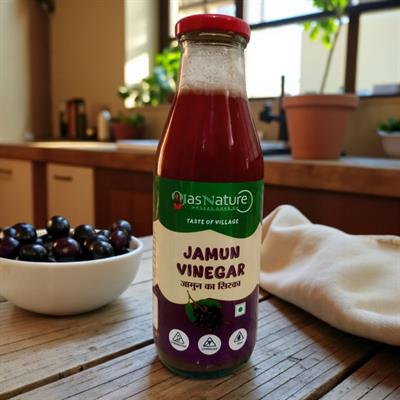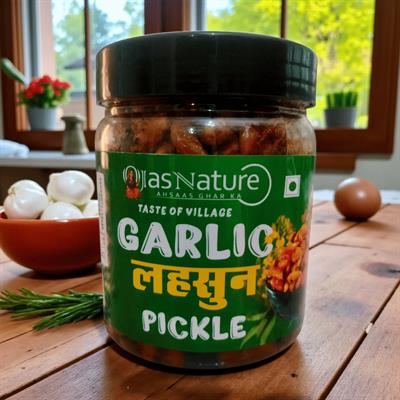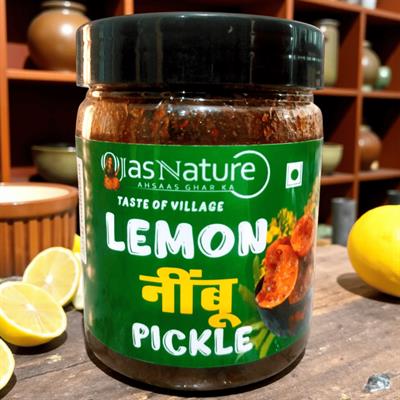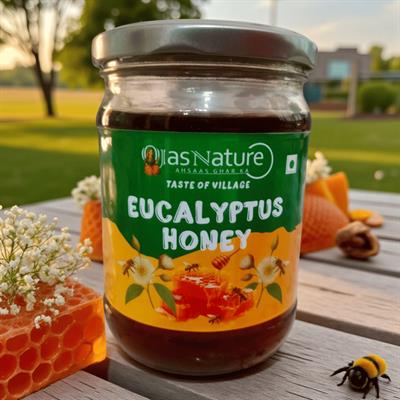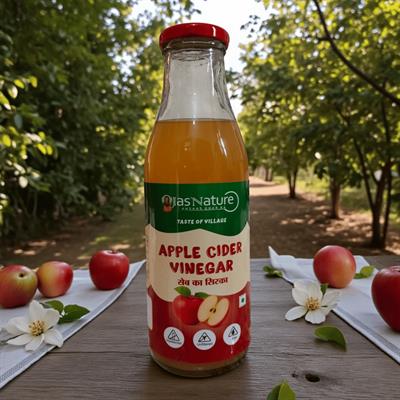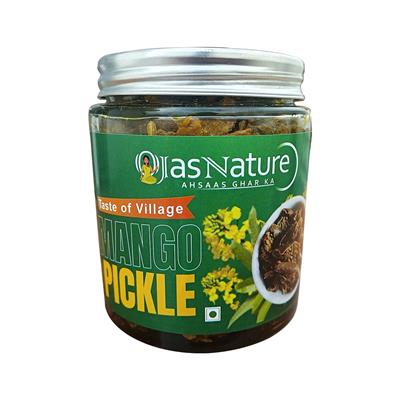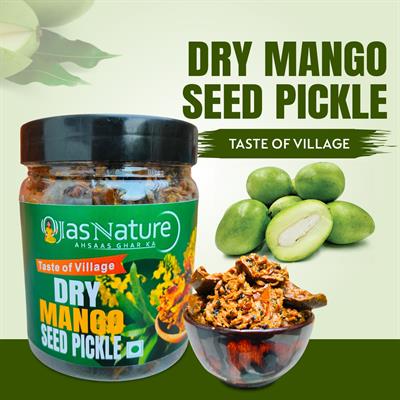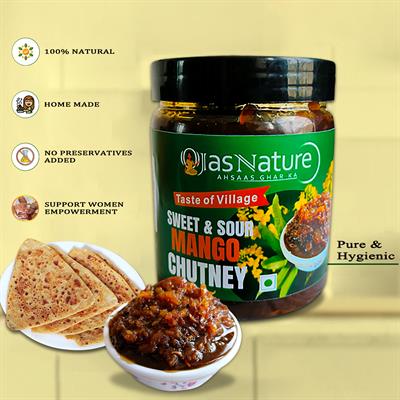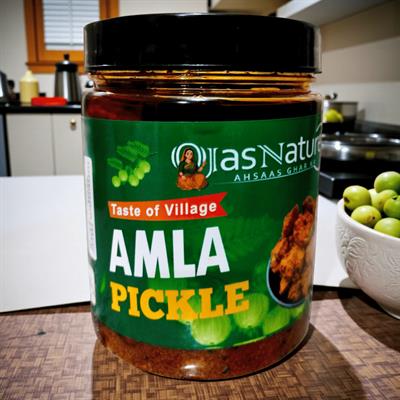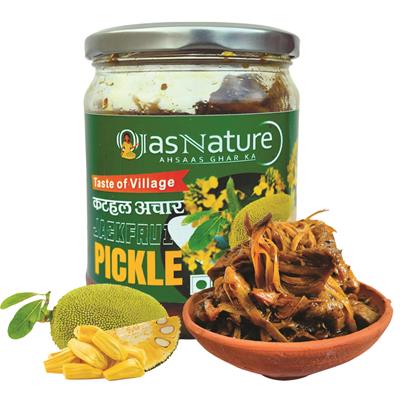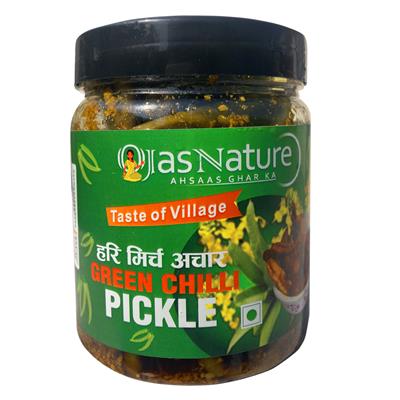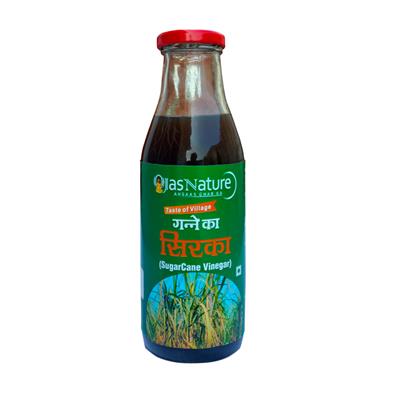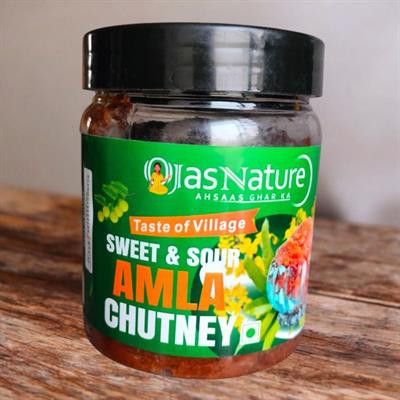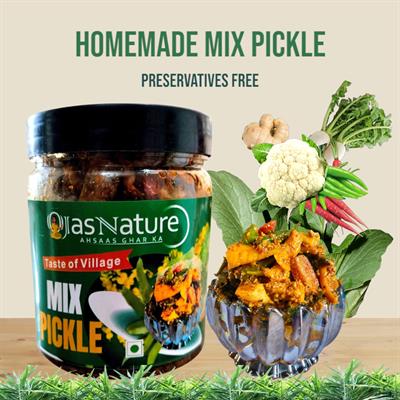Homemade pickles, or homemade achar, are a cherished part of Indian cuisine, offering a burst of flavors that complement various dishes. The global market for pickles, including varieties like homemade mango achar and homemade amla achar, has seen significant growth, with consumers increasingly seeking authentic, homemade options. In India, traditional pickles are not just condiments but are deeply embedded in cultural practices, often prepared during specific seasons and festivals.
The process of making homemade pickles involves selecting fresh, seasonal produce and preserving them using methods passed down through generations. For instance, homemade mango pickle is typically prepared during the summer months when mangoes are in abundance, while homemade amla pickle is made during the winter season. These pickles are known for their rich flavors and are often considered healthier alternatives to commercially available options due to the absence of preservatives and artificial additives.
In this blog, we will delve into the importance of sealing homemade pickles, exploring various sealing methods, and discussing how proper sealing can enhance the shelf life and flavor of your pickles. Whether you're making the best mango pickle or the best amla pickle, understanding the sealing process is crucial for preserving the authenticity and taste of your homemade pickles.
Why Sealing Matters for Homemade Pickles
Sealing homemade pickles is essential for several reasons. Proper sealing helps create an airtight environment, preventing the growth of harmful bacteria and molds that can spoil the pickles. Additionally, sealing ensures that the pickles remain submerged in their brine, which is vital for maintaining their texture and flavor.
Types of Sealing Methods
There are various methods to seal homemade pickles, each suited to different types of pickles:
-
Traditional Sealing: This involves placing the pickle jar in a hot water bath to create a vacuum seal. This method is commonly used for homemade mango achar and homemade amla achar.
-
Refrigerator Pickling: For quick pickles, sealing is not necessary. These pickles are stored in the refrigerator and consumed within a short period.
-
Fermentation: Some pickles undergo a natural fermentation process, during which they are sealed to allow beneficial bacteria to develop, enhancing flavor and preservation.Epicurious+2Cooking Pro+2Annex+2
How to Seal Homemade Pickles Effectively
To ensure your homemade pickles are sealed correctly, follow these steps:
-
Sterilize Jars and Lids: Before use, wash jars and lids in hot, soapy water and rinse thoroughly. Then, place the clean jars in a boiling-water canner and heat until ready to fill. Annex
-
Prepare Pickles and Brine: Fill the sterilized jars with your prepared pickles and pour the hot brine over them, leaving about an inch of headspace.
-
Seal Jars: Place the lids on the jars and screw on the bands until they are fingertip-tight.
-
Process in Water Bath: Submerge the jars in a boiling water bath for the time specified in your recipe, typically 10-15 minutes. Epicurious
-
Cool and Check Seals: Allow the jars to cool undisturbed for 12-24 hours. Check the seals by pressing the center of each lid; if it doesn't pop back, the jar is sealed properly. Eco Snippets
Benefits of Sealing Homemade Pickles
Sealing homemade pickles offers several advantages:
-
Extended Shelf Life: Properly sealed pickles can be stored for up to a year in a cool, dark place. Epicurious
-
Enhanced Flavor: Sealing allows the pickles to marinate in their brine, intensifying their flavors over time.
-
Safety: Sealing prevents contamination and spoilage, ensuring the pickles remain safe to consume.
Conclusion
In conclusion, sealing homemade pickles is a crucial step in the preservation process. Whether you're making the best mango pickle or the best amla pickle, proper sealing ensures that your pickles remain flavorful and safe to eat. By following the correct sealing methods, you can enjoy your homemade pickles for months to come.

